What Your Nose Knows About Your Health
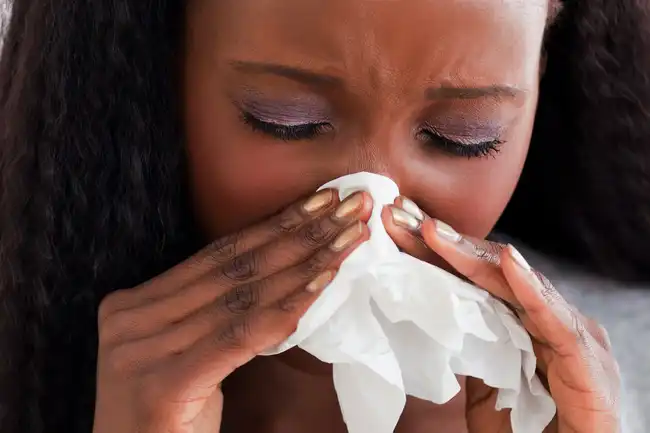
Runny Nose: Cold
This is one of the most common causes of a runny nose. Other symptoms might include sneezing, a stuffy nose, and a sore throat. They come on slowly and usually go away on their own. You’ll feel better if you rest and drink lots of fluids.
Swipe to advance

2
/
15
Runny Nose: Flu
Flu symptoms appear quickly and often include fever, aches, and chills. Most people get better anywhere between a few days and 2 weeks, but antiviral treatments can shorten your illness by 1-2 days. Be on the lookout for complications among people at high risk such as young children, adults over 65, pregnant women, and people with conditions like asthma, heart ailments, and diabetes.
Swipe to advance
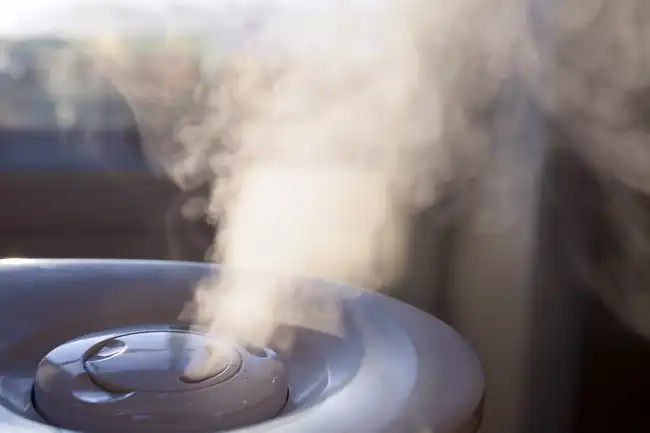
3
/
15
Nosebleeds: Dry Sinuses
Parched air draws moisture from your sinuses, so they’re more likely to dry and crack. This makes it easy for bacteria to infect the area. Both conditions can cause bleeding. Use a humidifier to put moisture back into the air.
Swipe to advance

4
/
15
Nosebleeds: Hereditary Hemorrhagic Telangiectasia
This rare genetic disorder can weaken blood vessels and cause your nose to bleed more often for no clear reason. You might wake to a bloody pillow or notice small red spots on your hands or face. It can cause serious problems, such as a blood clot in your lungs or a stroke. Although it’s genetic, HHT may not show up until you’re older. Talk to your doctor if you notice symptoms or if you have relatives with the disease.
Swipe to advance
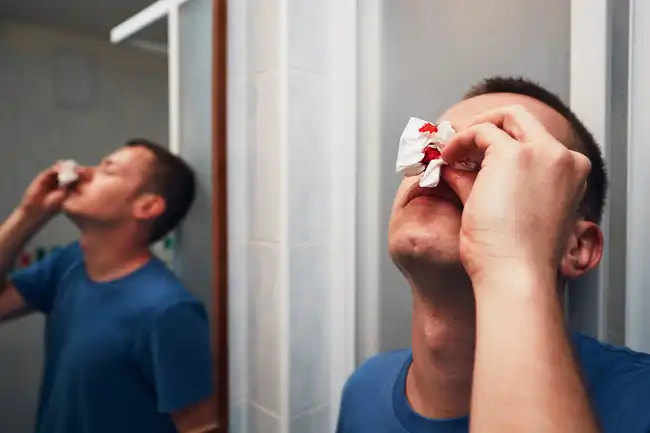
5
/
15
Nosebleeds: Other Causes
They range from allergies, hemophilia, and nose picking to blood thinners, aspirin, nasal sprays, and more. The bleeding itself isn’t usually serious. But see a doctor if you injure your nose, it bleeds for more than 30 minutes, or you can’t breathe properly.
Swipe to advance
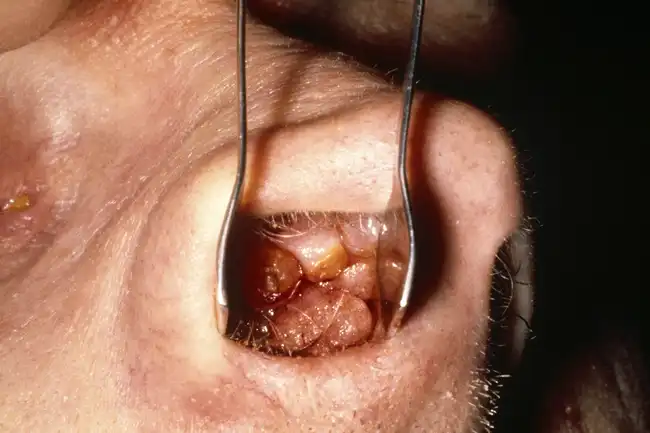
6
/
15
Decreased Sense of Smell: Polyps
These growths in your nose are usually harmless, but they can prevent smells from getting to the right cells. Medication or minor surgery can get rid of them and make things as good as new.
Swipe to advance

7
/
15
Decreased Sense of Smell: Diabetes
Doctors don’t know exactly what the link is. High blood sugar may damage nerves, blood vessels, or organs that make up your complex sense of smell. Or it could upset your endocrine system, which could interfere with your sniffer. Learn the signs of diabetes and talk to your doctor about how to manage it or, better yet, prevent it.
Swipe to advance

8
/
15
Decreased Sense of Smell: Alzheimer’s
It might be an early sign of this or another brain condition, like Parkinson’s or Huntington’s disease, multiple sclerosis, or motor neuron disease. It’s best to catch these conditions early. See a doctor right away if you don’t notice smells as much as you used to or can’t tell one from another. Though it’s hard to treat illnesses that attack the nervous system, your doctor may be able to slow or ease some symptoms.
Swipe to advance

9
/
15
Phantom Smell: Brain Disorder
You may smell something that isn’t there. The aroma could be pleasant or nasty. You might have it in one or both nostrils. It could stick around or come and go. Causes include epileptic seizures, head injuries, brain tumors, or a condition like Parkinson’s disease. See your doctor right away to rule out these conditions.
Swipe to advance
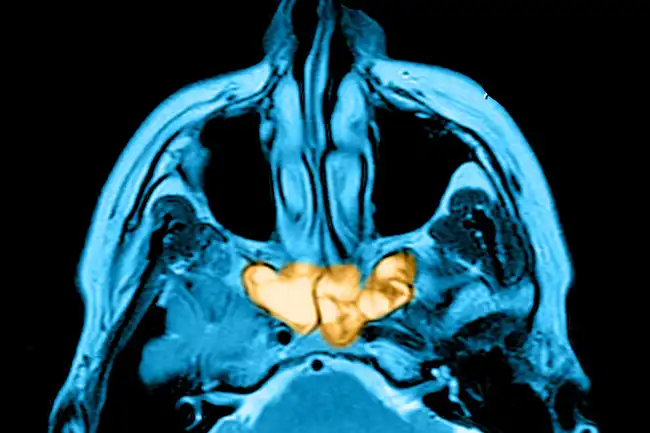
10
/
15
Phantom Smell: Sinus Infection
Sinus infections can also make things taste unpleasant or bland. The phantom smell usually goes away on its own in a few weeks or months. Your doctor might suggest that you rinse your sinuses with a saltwater solution.
Swipe to advance
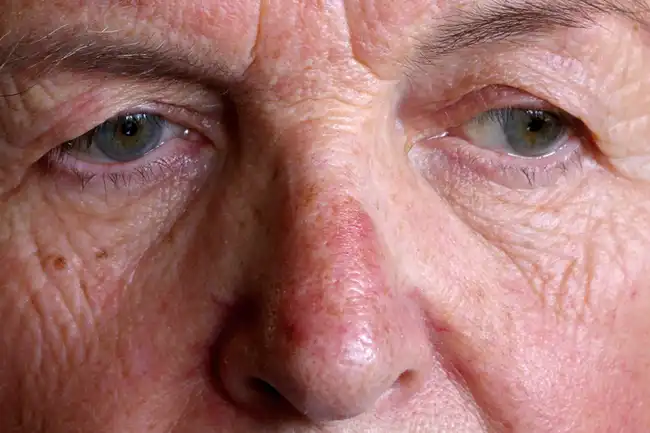
11
/
15
Red Nose: Rosacea
This condition causes the middle of your face to flush red. Over time, especially in men, it can thicken and redden the skin on the nose, a condition known as rhinophyma. In serious cases, it can change the shape of your nose and even make it harder to breathe.
Swipe to advance

12
/
15
Yellow Snot: Infection? Maybe
You can’t really tell exactly what’s going on just by the color of your snot. Colored mucus may be a sign of a virus or a bacterial infection, but it might also be due to an allergy, among other things. Your immune system uses white blood cells to get rid of bacteria. This turns your snot yellow as it fights the germs. After 10 or more days it might start to turn green. That’s when you may want to talk to your doctor about antibiotics. It should become clear after you get better.
Swipe to advance
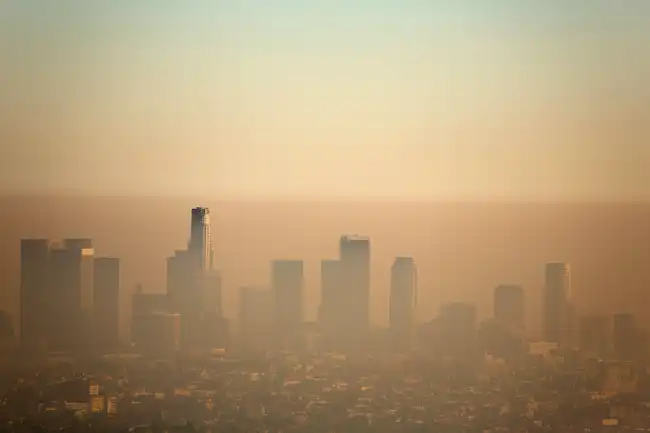
13
/
15
Brown Snot: Air Pollution, Smoke, Dried Blood
If air quality in your area is so bad that it turns your snot brown, it’s probably a good idea to stay inside and avoid exercising outdoors. You can find out what the air’s like from your local weather report. Heavy tobacco use might also turn your mucus dark. So can dried blood.
Swipe to advance
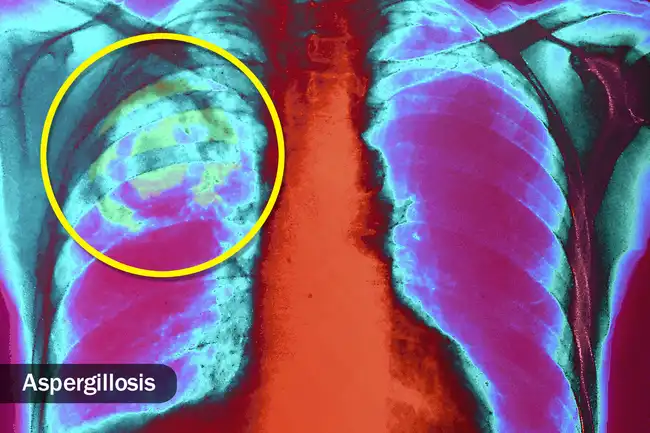
14
/
15
Black Snot: Fungal Infection
Yes, it’s a real thing. It may mean that fungus is growing in your respiratory system. It could also be a sign of another serious medical condition that requires immediate care. Or it could be something ordinary, like dirt, smoke, or dried blood.
Swipe to advance

15
/
15
Clear Snot: Good Health
This is the kind you want! It’s usually a sign of good health, as long you don’t have too much. If there’s more of it than normal then it might be a sign of allergies, a cold, or the flu. Your doctor or pharmacist can help you manage allergies or a cold with over-the-counter medications. Talk to your doctor if you think you might have the flu. She might suggest a prescription medicine to fight it and prevent complications.
Swipe to advance
- Get link
- X
- Other Apps